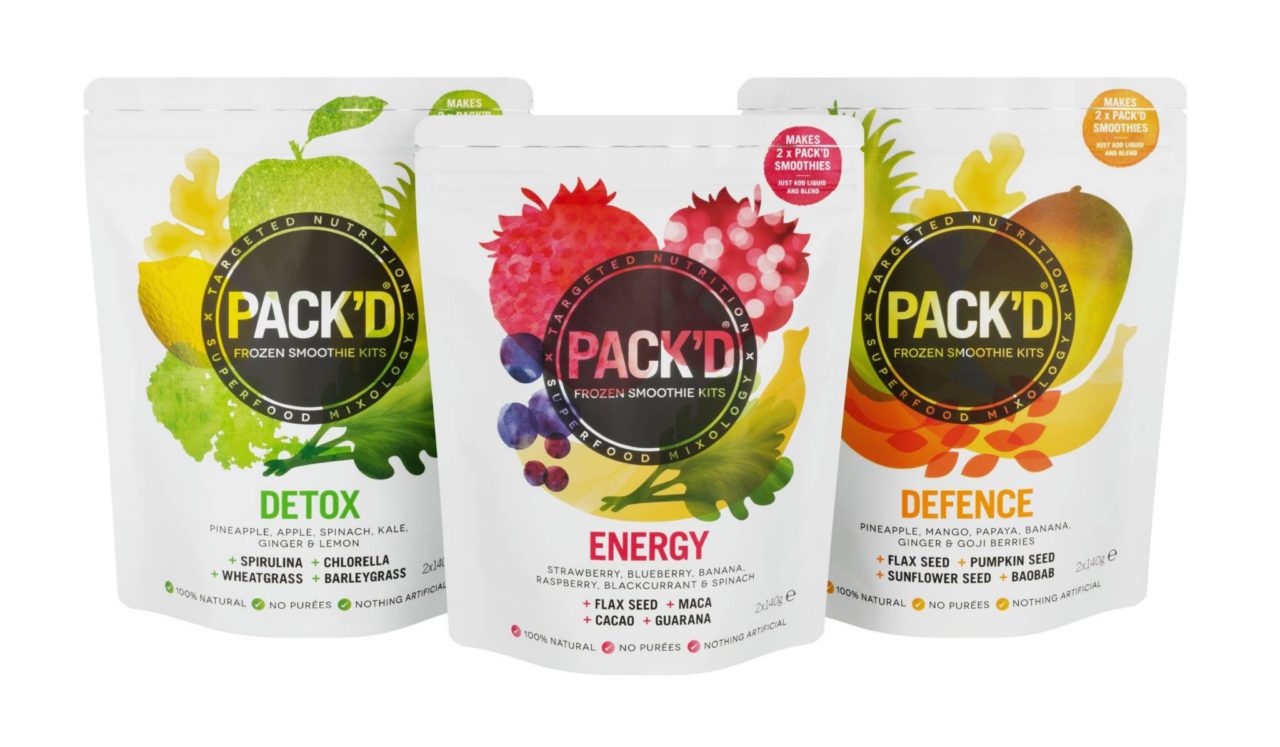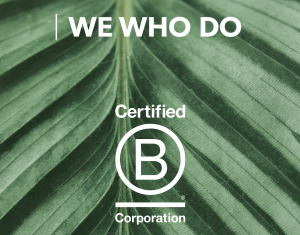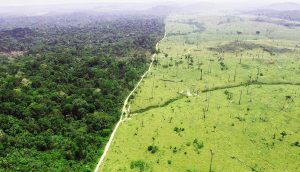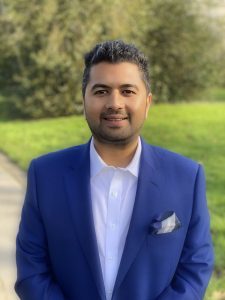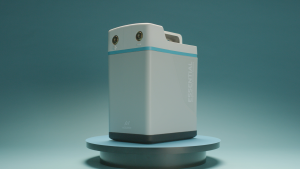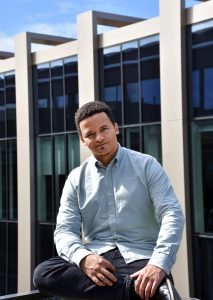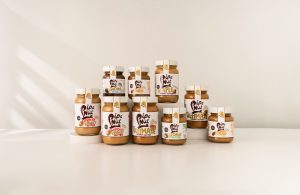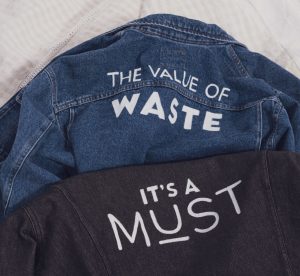Where did the idea for PACK’D come from?
Alex: Luke initially came up with the idea. He had been working with the BBC Wildlife unit, and I was working with Deloitte. We’d been friends since sixth form, and although we had gone to different universities, we always made the effort to stay in touch.
Luke had been wanting to do his own thing for a while and was interested in the smoothie space. With an interest in nutrition, he had noticed that all smoothies on the shop shelves were heat-treated and full of sugar. He was working full-time and playing football at a semi-pro level, so didn’t always have the time or energy to make his own smoothies and noticed a gap in the market. We were catching up over a pint and he pitched the early idea of PACK’D to me (although it took about 50 pages of different names to get to that one!). I was eager to get out of the corporate space and within a couple of weeks, we were researching and coming up with flavour profiles.
We ended up getting a stall at Broadway Market in Hackney to test out our new product and different flavours. For over a year, our weekends were spent on the market, and our weekdays were business planning and branding. This is where we realised the power of using frozen smoothies as opposed to fresh and it completely shaped what PACK’D would become.
After some funding, we eventually came to market in October 2015. We went to a trade show and were picked up by Wholefoods and Planet Organic. From there, it all happened pretty quickly and we were in Sainsbury and Tesco a few months later.
What makes you different from your competitors?
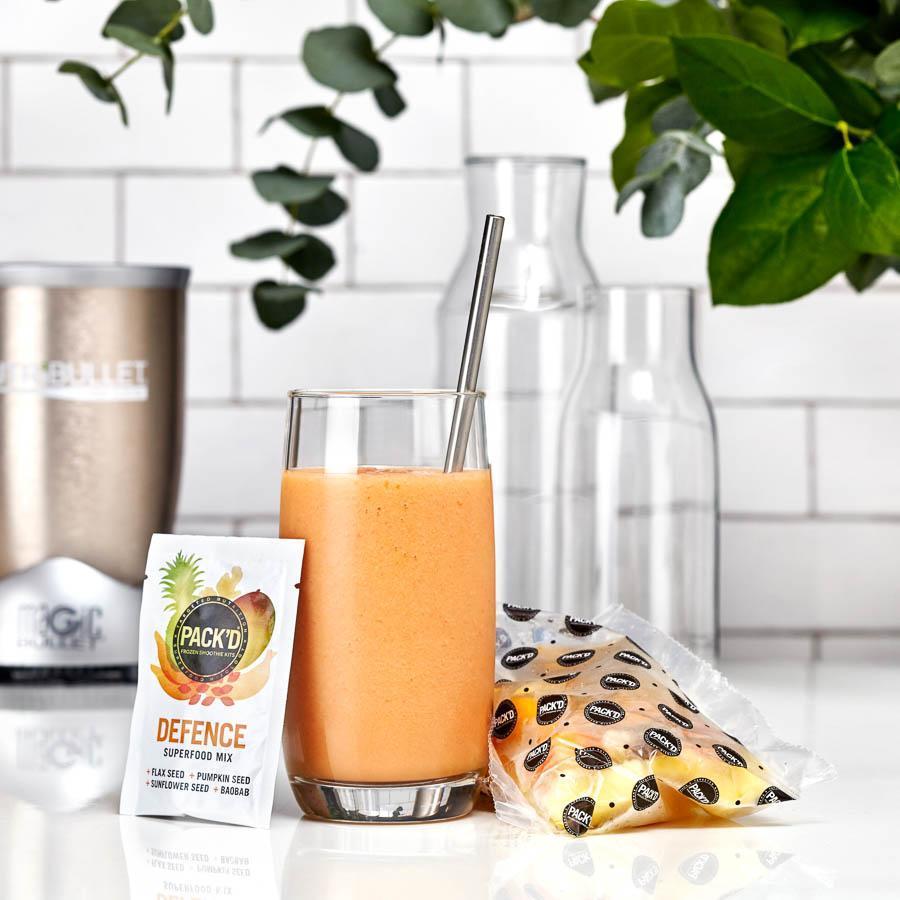
Alex: It’s strange because whilst there are a lot of smoothie companies out there, there aren’t any that are doing what we are doing. We want to go further than making nice drinks. Each one of our Smoothie Kits is designed to support a nutritional function using natural ingredients. As a brand we want to deliver maximum nutrition and minimum waste. Last year we managed to make our pouches recyclable, which was a first for the freezer, and our aim for next year is to remove as much plastic from our supply chain as possible. This will be about 15 tonnes.
We also take our sourcing extremely seriously. We painstakingly search for the best ingredients we can find from ethical and sustainable partners to ensure all our products are the best they can possibly be.
What do PACK’D do in the sustainability space?
Alex: A massive thing for us is food waste. If food waste was a country, it would be the 3rd largest emitter of greenhouse gas behind China and the USA. This is a crazy figure and for us, frozen food is the solution that everyone seems to be missing. There has been a huge shift in the last couple of years towards ‘wonky fruits’ and minimising the waste on our shelves, but frozen food completely cuts out this middle man. There’s no such thing as ‘wonky’ frozen fruit, all frozen fruit is used.
How has PACK’D been impacted by the pandemic?
Alex: PACK’D was undoubtedly impacted with the closure of gyms and cafes. We lost a lot of our usual customers and there was massive disruption to our supply chain. On the flip side the pandemic has accelerated trends towards healthy eating, frozen food and the rise of online shopping. When we get back to normal these will help us come out of the pandemic stronger.
As strange as it sounds, people are often put off by the frozen aisle of the supermarket, and therefore don’t get to see all the healthy offerings that can be found there. I think when people think of frozen food, they often think of frozen pizza and chips, but the lockdown gave us an opportunity to position ourselves as the leaders of high quality, healthy frozen food.
Where do you see the company in 5 years time ?
Alex: I would like to see PACK’D become the leader in the fight against food waste and shifting the perception of frozen food. As I’ve said, the frozen aisle is not where you normally find cool and healthy stuff, but we want to unlock its potential. With at least 30% (some sources say up to 50%) of food produced globally being wasted, it is our goal to help minimise this waste and demonstrate the power of frozen.
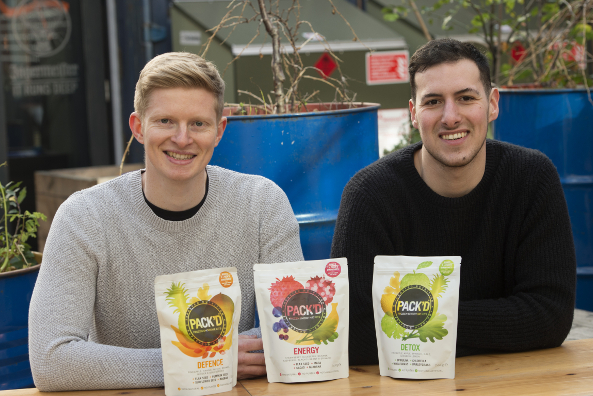
This article has been posted as part of the Sustainable Start-up Series run by WeWhoDo: building a community of world-leading experts to help sustainable businesses thrive. For more information about PACK’D, check out their site here.

